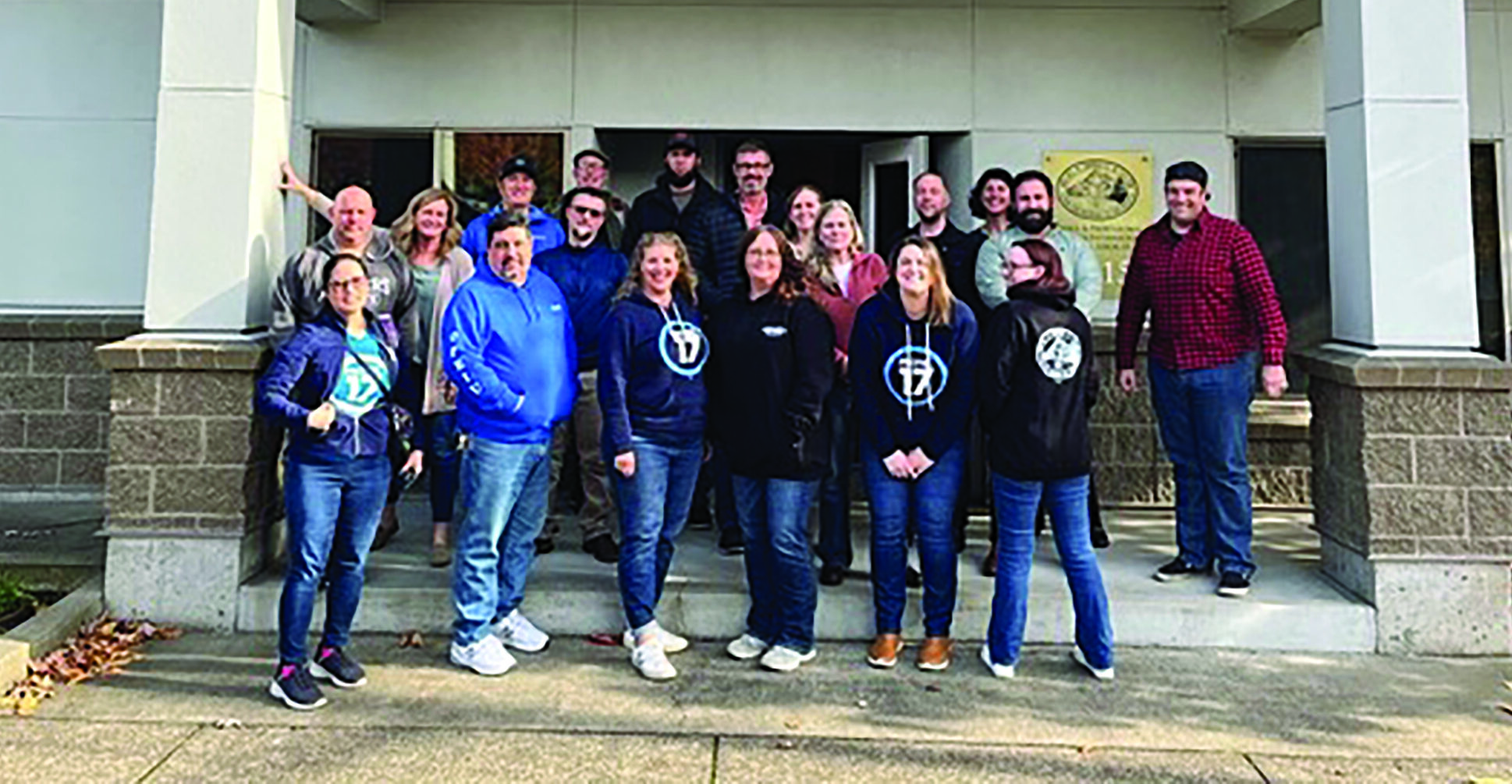In March, the Clark County Coalition of Unions reached a tentative agreement on the 2025-2027 contract, as well as a Memorandum of Understanding (MOU) on a two-year long class action grievance, cementing significant award payments and contract wins for members.
In previous negotiation cycles, Clark County managment claimed they had no money to work with, forcing lead union negotiators to get creative in order to reach a deal. This resulted in a wage parity “me too” clause in the last contract that would kick in if the County gave managers a larger wage increase than members. In January 2023, the clause was triggered when the County Manager was given a 10 percent increase. A class action grievance was filed on behalf of Coalition members who had received only 2.2 percent.
The Coalition attempted to resolve the grievance outside of arbitration – first through direct negotiating and later through mediation – but the County refused to increase wages or consider any other proposed alternatives for members. Instead, they claimed that the County Manager was a contract employee, and therefore not subject to the terms of the MOU.
After hearing the case last summer, an independent arbitrator sided with the Coalition and awarded members a significant decision that includes retro pay back to January 2023. The total amount owed to Coaltion members totaled $3.99 million, with some individual payments to PROTEC17 members totaling over $20,000. In addition to the payouts, the arbitrator imposed a deadline, and included a penalty clause to incentivize the County to meet the intended time frame.
While the arbitrator’s decision was delivered mere weeks after the Coalition began bargaining in July 2024, debates over how to interpret various elements of the decision began to slow the pace of negotiations on economic issues. The Coalition and County were still negotiating after the expiration date of the contract in December.
In a show of strength, the Coalition filed a second class action grievance this January – the month that penalty interest began to accrue on retro payments. The County responded by denying nearly every economic proposal made by the Coalition that amounted to more than a few dollars over the term of the contract.
In previous years, this may have been where the Coalition would fall apart. But under the leadership of PROTEC17, the Coalition had been focused on rebuilding solidarity with labor partners, bargaining teams, and the collective membership. Bargaining team members trusted lead negotiators because they were involved at every decision point, and proposals never moved forward until there was consensus across the entire Coalition. And members trusted their bargaining teams because communication was coordinated across the Coalition so that every member heard the same information at the same time, squashing rumors that undermine solidarity.
Because of the leverage of the second grievance and looming penalty increases, the Coalition was able to secure a strong contract with general wage adjustments beyond the arbitration awards, a longevity premium, increases to vacation leave accrual and healthcare benefit contributions, to name a few. These wins mean that every member will see a minimum of a six percent increase – eight percent for members who qualify for the longevity premium. Plus, many members were advanced steps on the pay scale as part of the MOU.
The Coalition’s committment, solidarity, and creative leveraging of circumstances delivered unprecedented wins that will have lasting impacts for both members and the Coalition itself.


